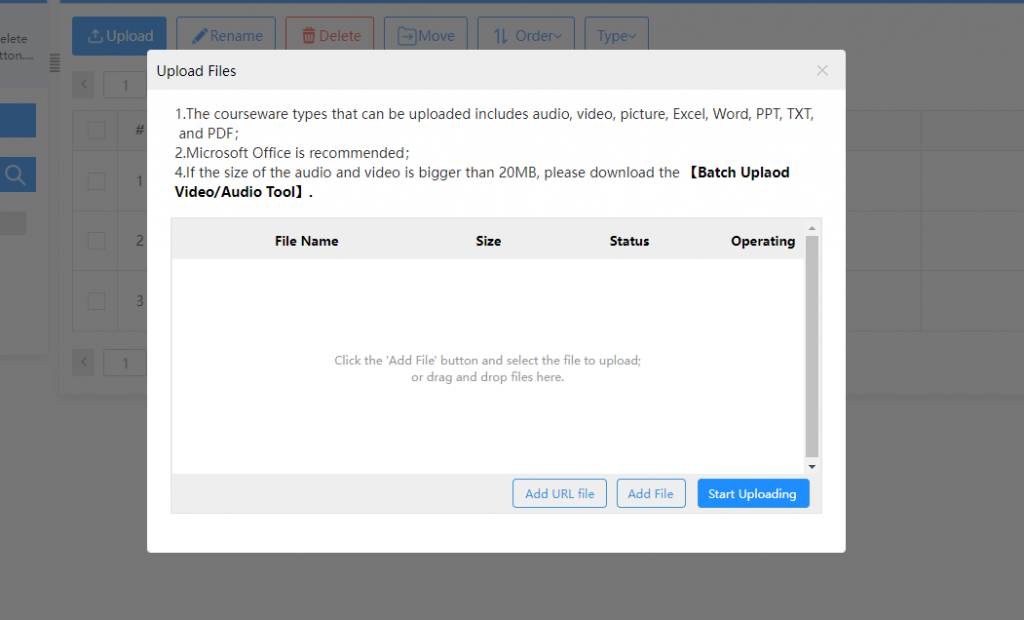Corporate training plays a vital role in enhancing employees’ skills and knowledge, and online training systems serve as essential tools for optimizing the training process and boosting efficiency. Taking Final LMS as an example, enterprises can offer training anytime, anywhere, allowing employees to study according to their own schedules without being restricted by location or time constraints. This flexibility minimizes scheduling conflicts and enhances trainees’ motivation to learn.
Moreover, the online training system provides a wide range of learning resources, including text, images, videos, and other teaching materials, catering to the diverse learning habits and styles of employees. These abundant resources facilitate easier understanding and absorption of knowledge, ultimately improving the learning outcomes.

Online training systems also provide organizations with easy management and tracking of employees’ learning progress. Through the system’s learning management function, training administrators can monitor employees’ learning in real-time, gaining insights into who has completed the training and who requires additional guidance. This real-time tracking mechanism enables timely identification of issues, allowing for timely interventions and enhancing the relevance and effectiveness of the training.
Furthermore, online training systems often offer personalized learning plans. By analyzing employees’ learning history and performance, the system can tailor a training plan for each individual based on their specific needs and skill level. This ensures that the training content aligns with the employee’s reality, enhancing the relevance and effectiveness of the learning process.
Lastly, the online training system also facilitates interactive learning. With features like online discussions, Q&A sessions, and real-time feedback, employees can engage with trainers and fellow trainees, fostering a collaborative learning environment. This interaction and cooperation during the learning process enhance learning effectiveness and deepen memory retention.
In conclusion, through Final LMS, internal training within enterprises can achieve flexibility, personalization, real-time monitoring, and interactivity. This effectively enhances training efficiency, better caters to the learning needs of employees, and provides robust talent support for the development of enterprises.
